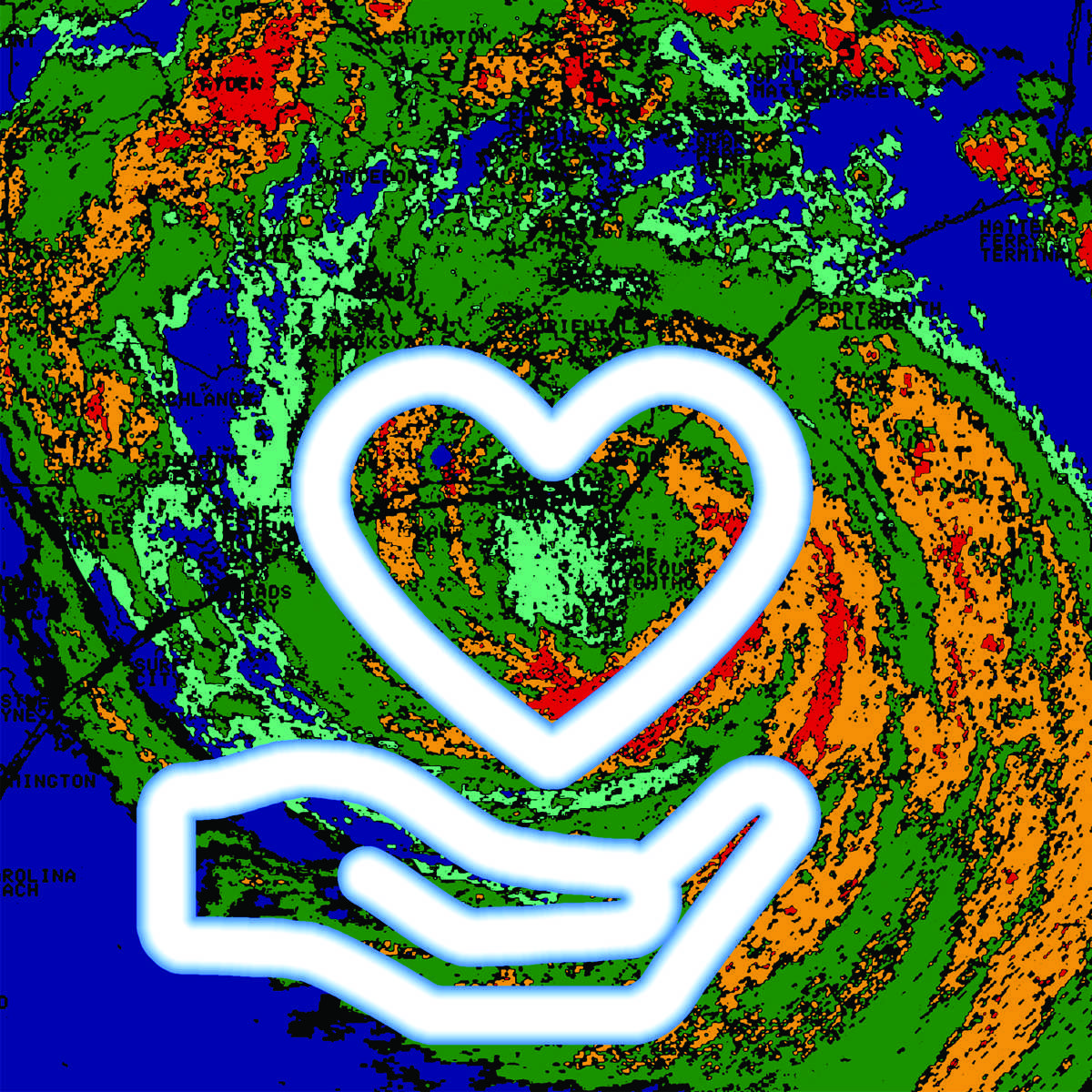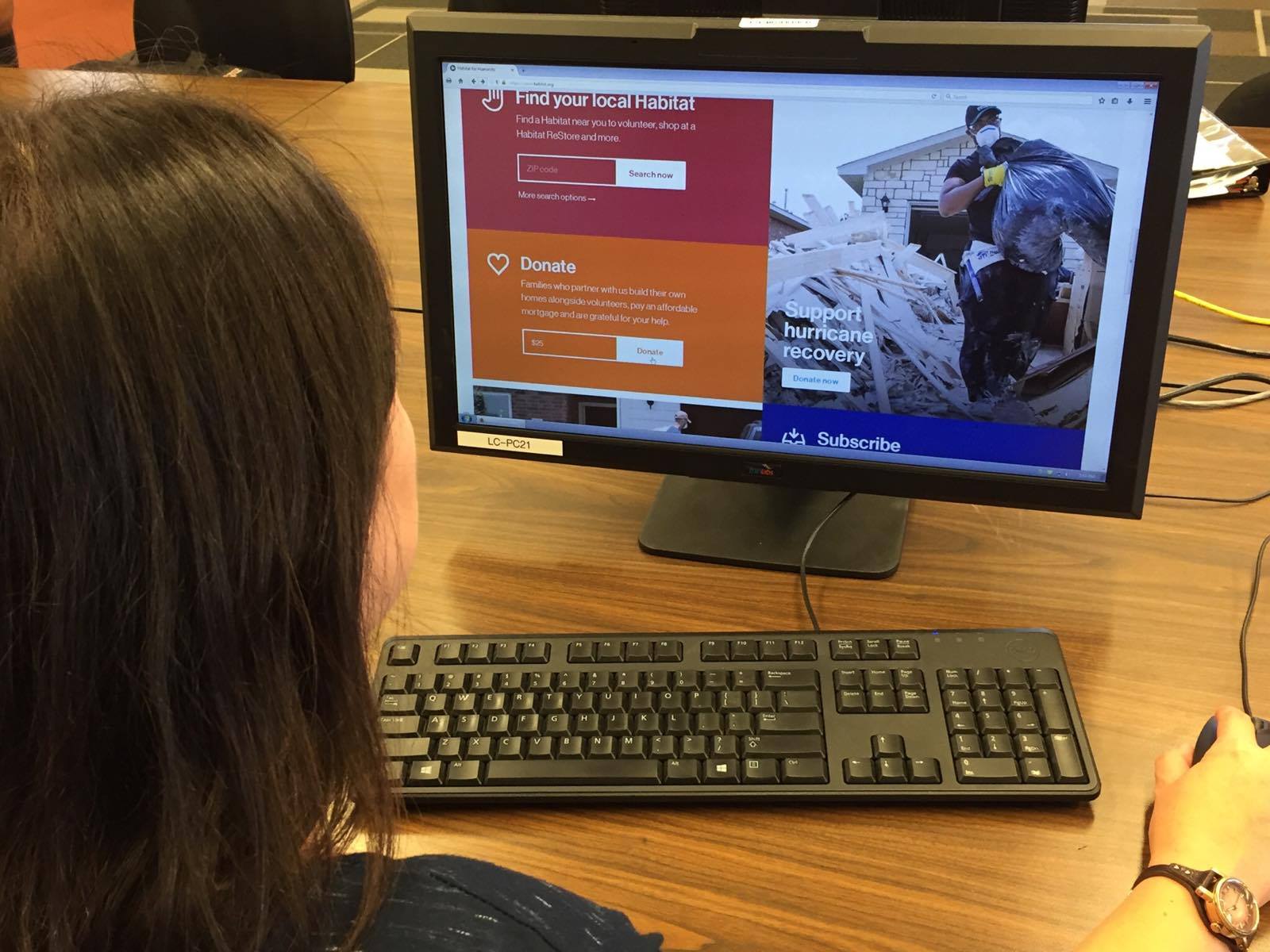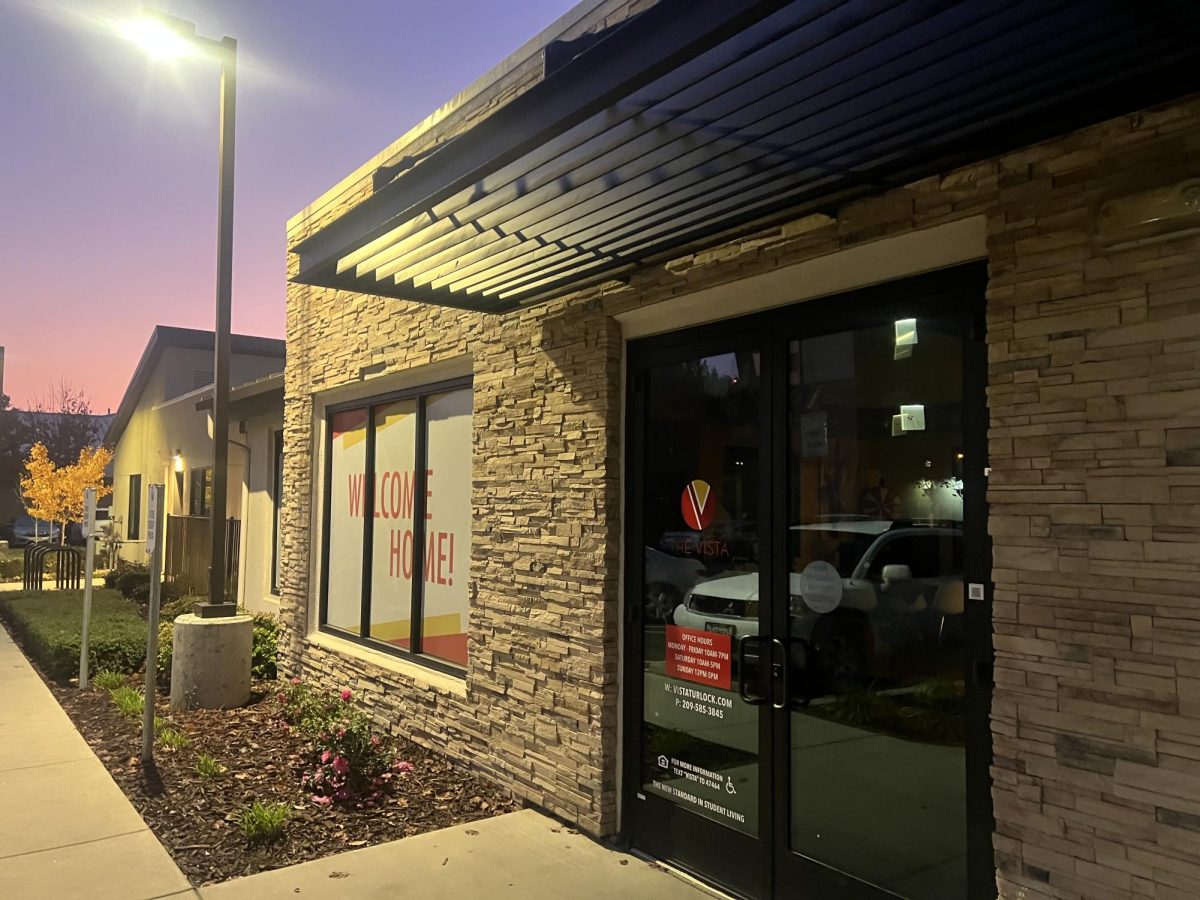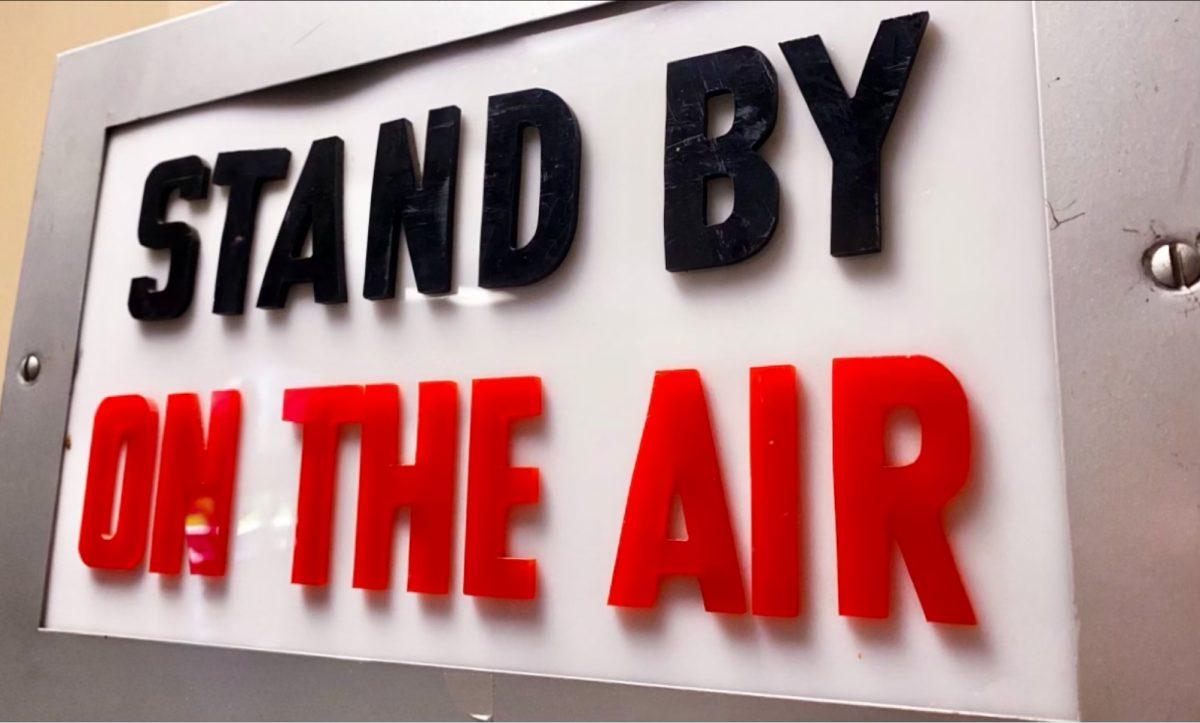In the midst of Hurricanes Harvey, Irma, Jose, Maria and now the major earthquake that hit Central Mexico, this past month’s consecutive disaster and storm cycle is evidently the worst.
Student at California State University, Stanislaus (Stan State), Michael Taylor (senior, Communication Studies), says that “it is a clear sign of what science has been telling us with climate change. I feel terrible for the families and individuals affected. Having your world flipped upside down is something no one should have to experience.”
In light of the recent disasters, there have been many organizations and local agencies that have stepped up and have been doing work to aid those who have been impacted by such catastrophes with donations such as: food supplies, water, clothing, rebuilding homes and delivering other necessities.
For some who are far away from the impacted areas the only efficient and timely way to help with relief efforts is maybe by sending money. With many organizations and agencies to choose from, it is imperative to pick a charity that is in a direct position to help in the relief efforts. Moreover, it is important to know how to donate intelligently and watch out for fraudulent groups and scammers.
Often people are apprehensive to donate to a cause when a disaster strikes because they do not know if their money is going straight to the source.
Taylor explains that he is cautious because “there has been a history of money mismanagement from major relief companies. The trust of the public needs to be earned.”
A great approach to finding a credible charity to donate money, food and clothing is to use websites like Charity Navigator or Charity Watch. Also, check with your local agencies such as The Salvation Army and The American Red Cross.
Though victims of the disasters are in dire need of food, clothing and other necessities, keep in mind that shipping these items could be delayed due to various logistic issues.
According to Charity Watch, “The best way to help is by sending a check. Cash donations enable charities to buy the most needed types of food, medicine, clothing, shelter materials and other supplies. By buying relief products locally or regionally, charities can reduce shipping costs and more rapidly deliver assistance. Before sending any goods, first contact the charity to find out if they are appropriate and if it will be cost effective to distribute them.”
Lieutenant Miguel Morales at the Turlock Salvation Army says that “the money we get, it goes to the Swiss Army Banks. It is all done through Emergency Disaster Services (EDS) and goes through this account number from the bank accounts.”
Lieutenant Morales explains that generally for disaster relief, they do not accept food or clothing because of the time it takes for the supplies to reach people who are victims of disasters in other parts of the country. Hence, cash contributions are encouraged.
According to The Salvation Army’s website, “In-kind donations require sorting, boxing, palletizing, storage, and delivery to the disaster location. All of these activities can be costly and time consuming. Cash donations allow The Salvation Army to purchase product to quickly and efficiently meet the most urgent needs of disaster victims. When possible, the purchases are made near the disaster site to stimulate the local economy and ensure quicker delivery.”
Fernando Ruiz (senior, Criminal Justice) concurs and says that “I would rather donate money than clothes because I feel like you have more flexibility with money.”
However, clothing and food supplies are greatly appreciated to serve the local communities and the canteens that are set up by the Salvation Army. There is a local canteen by the Salvation Army in Modesto that serves the Stanislaus County, and according to Lieutenant Morales, “each canteen serves 6,000 meals per canteen here in Modesto.”
It may take years to rebuild what Hurricane Harvey, Hurricane Irma, Hurricane Jose, Hurricane Maria and the earthquakes in Central Mexico destroyed but donations, no matter how big or small, can help those who are helpless during these times of crisis.
In addition to donating money, you can also volunteer your services or donate blood. If you are planning on donating for hurricane and disaster relief, here are some tips that can help you donate wisely and find the perfect charity that will directly aid the disaster sites.







